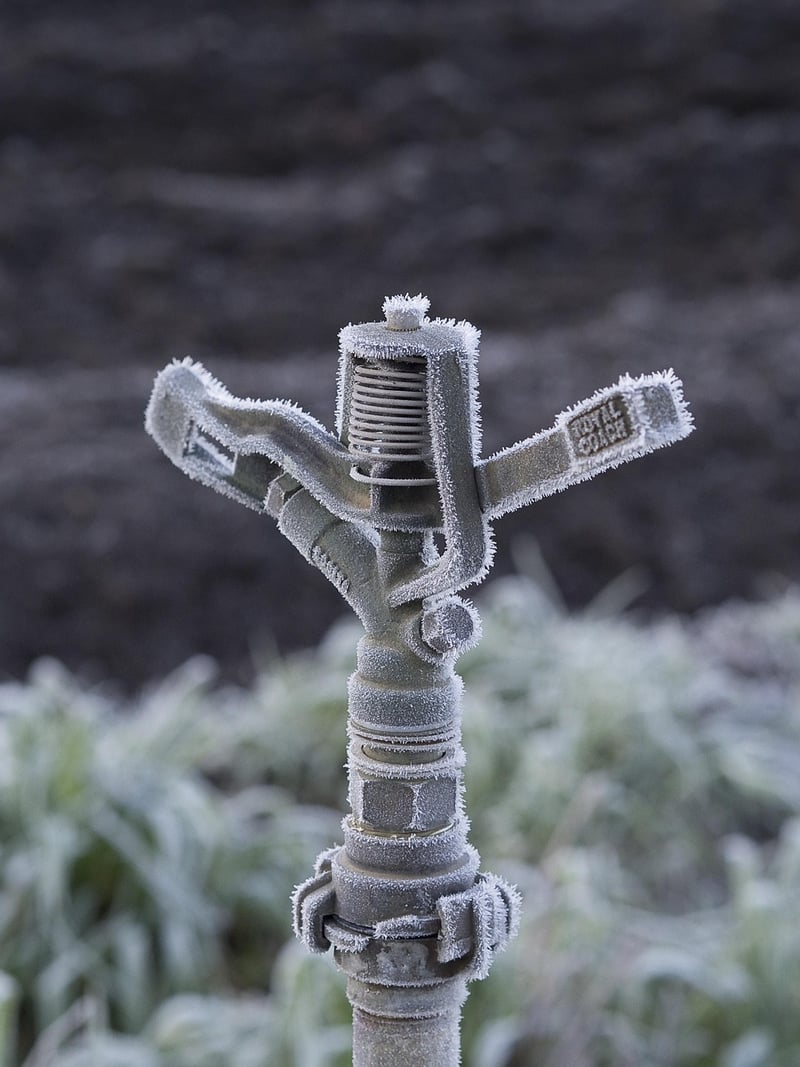Irrigation Systems
Setting Up Your Vertical Garden and Irrigation Systems
Introduction to Vertical Gardens
Vertical gardens are a great way to maximize space and create a lush, green environment even in small urban areas. They are not only visually appealing but also provide numerous benefits such as improving air quality and reducing energy costs.
Setting Up Your Vertical Garden
Here are the steps to set up your vertical garden:
- Choose a Location: Select a spot with sufficient sunlight for your vertical garden.
- Install Vertical Structures: Use trellises, wall-mounted planters, or hanging pots to create vertical layers.
- Choose Plants: Select plants that thrive in vertical environments such as succulents, ferns, and herbs.
- Planting: Plant your chosen greenery in the designated containers, ensuring proper soil and drainage.
- Maintenance: Regularly water, prune, and fertilize your vertical garden to keep it healthy and vibrant.
Setting Up Irrigation Systems
Proper irrigation is crucial for the health of your vertical garden. Here's how you can set up an efficient irrigation system:
- Drip Irrigation: Install a drip irrigation system that delivers water directly to the plant roots, conserving water and reducing evaporation.
- Timer: Use a timer to automate watering schedules and ensure your plants receive consistent moisture.
- Watering Schedule: Adjust the watering frequency based on the plant's needs and environmental conditions.
- Monitor Moisture Levels: Use moisture sensors to track soil moisture levels and prevent overwatering or underwatering.
Conclusion
By setting up your vertical garden and irrigation systems correctly, you can enjoy a thriving green oasis in even the smallest of spaces. Follow the steps outlined above to create a beautiful and sustainable vertical garden that will bring joy and beauty to your surroundings.

For more inspiration and ideas on vertical gardening, check out The Spruce's guide to vertical gardening.
